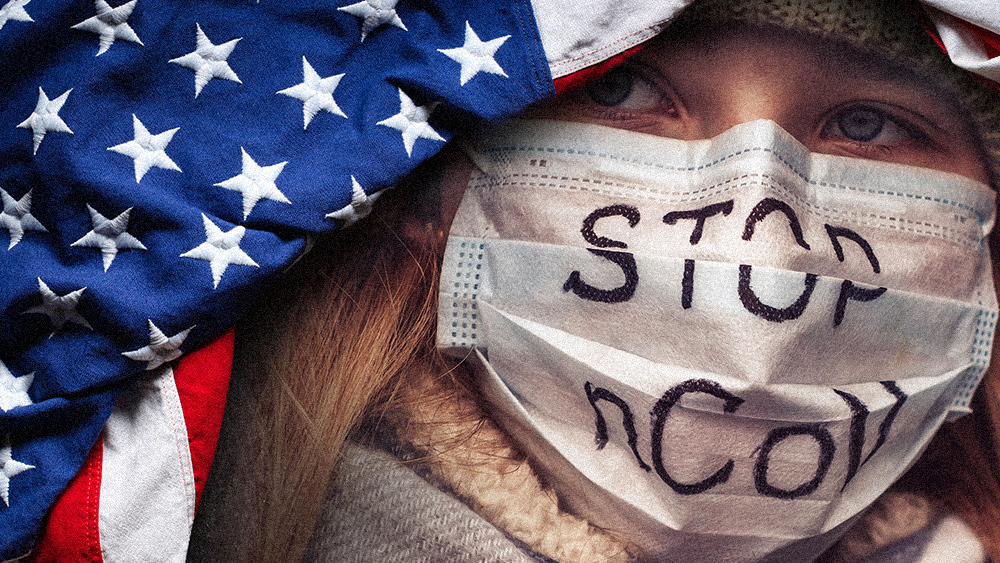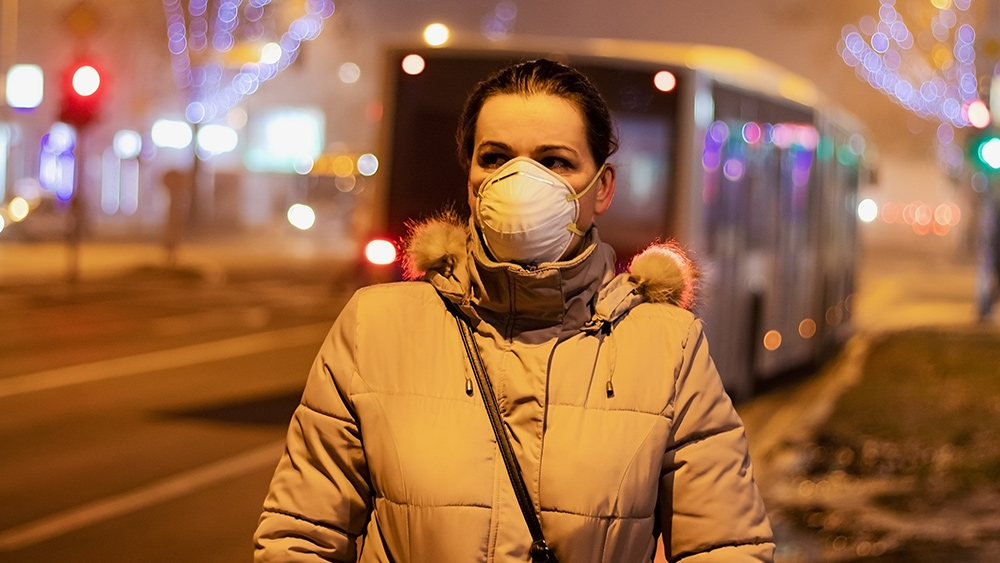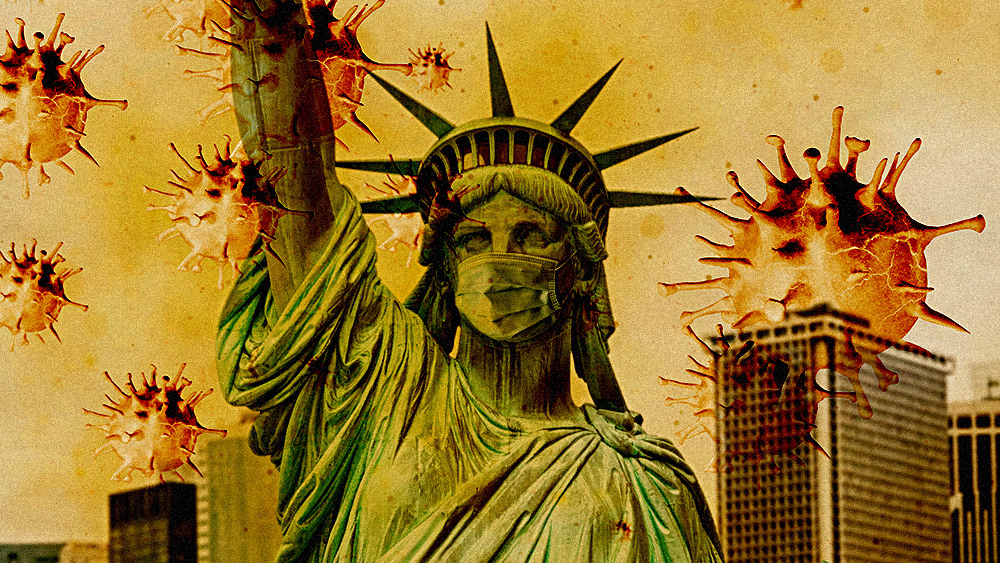Coronavirus worries causing ad money to dry up for NY Times and other publishers
03/05/2020 / By Isabelle Z.

It’s not surprising to see airlines like Flybe go under as the mass panic surrounding coronavirus has slowed down air travel in many areas, but it’s also affecting some industries you might not expect. While there’s no doubt a worried public is staying on top of the latest news about the virus, the New York Times has revealed that its advertising money is taking a hit – and they’re not the only ones suffering.
According to the New York Times Company, the “uncertainty and anxiety” surrounding coronavirus has caused a slowdown in ad bookings that has started to impact them economically. The announcement was made in a regulatory filing they issued on Monday; shares were down 4 percent that morning.
They’re reportedly seeing a slowdown in domestic and international ad bookings alike that they believe are connected to the virus. They expect their total ad revenue to drop “in the mid-teens” this quarter, with an estimated digital ad revenue drop of 10 percent. However, they believe that subscriptions may help them pull through, saying their business model relies more on subscriptions than ads.
Nevertheless, this news led shares of other media publishers to take a hit, with New Media Investment Group and Tribune Publishing both noting drops. Other newspaper and magazine companies experiencing recent declines include Meredith Corp and Gannett Co. Ad holding groups have also experienced dropping stocks since the virus has ramped up.
U.K. commercial broadcaster ITV has warned that it expects a drop in ad spending, especially from travel operators. It’s a big hit to take right in the middle of a key season for holiday bookings.
The uncertainty seen in marketing related to consumer-packaged goods and retail products stems from the fact that many of these goods are linked to Chinese supply chains. Hits in travel and entertainment are also impacting the advertising sector.
Economical impact of coronavirus on advertising could be extensive
Analysts are expecting the U.S. advertising ecosystem to suffer from the virus, taking a cue from the Chinese ad market’s response to the outbreak. We’re likely to see less manufacturing, lower retail sales, public entertainment cancellations, and less travel. Although media consumption at home may rise as people spend more time avoiding public venues and some TV ad sales may rise, outdoor ads could be worse off as foot traffic drops in many places and fewer people will be out and about to see billboards.
Many companies have been halting non-essential travel for their employees, while cinema closures in China are hurting expected movie studio revenues in the U.S. The new James Bond film’s release could be at risk, and football matches in some places in Europe are already being played behind closed doors. Many big companies are pulling out of conventions and expositions.
The Olympics are also under threat, and many advertisers have created big ad campaigns around the games. It’s not certain yet whether the event, which is scheduled for July and August in Tokyo, will move forward. NBCUniversal has reportedly sold $1.25 billion in ads so far for the Summer Games, where they plan to send more than 2,000 staff and broadcast 7,000 hours of footage. It’s not known what would happen to those plans should the event be canceled, altered or rescheduled. Some sponsors include Procter & Gamble, Visa, Coca-Cola, and Airbnb; ad execs say a cancellation would be disastrous and could affect the whole economy.
This situation serves as an unfortunate reminder of just how susceptible our economy is to collapse – and many fear the outbreak is really only getting started.
Sources for this article include:
Tagged Under: ad revenue, advertising, Collapse, coronavirus, economics, economy, finance, Journalism, mainstream media, markets, New York Times, news cartels, Olympics, publishers
RECENT NEWS & ARTICLES
COPYRIGHT © 2017 COLLAPSE.NEWS
All content posted on this site is protected under Free Speech. Collapse.news is not responsible for content written by contributing authors. The information on this site is provided for educational and entertainment purposes only. It is not intended as a substitute for professional advice of any kind. Collapse.news assumes no responsibility for the use or misuse of this material. All trademarks, registered trademarks and service marks mentioned on this site are the property of their respective owners.

















